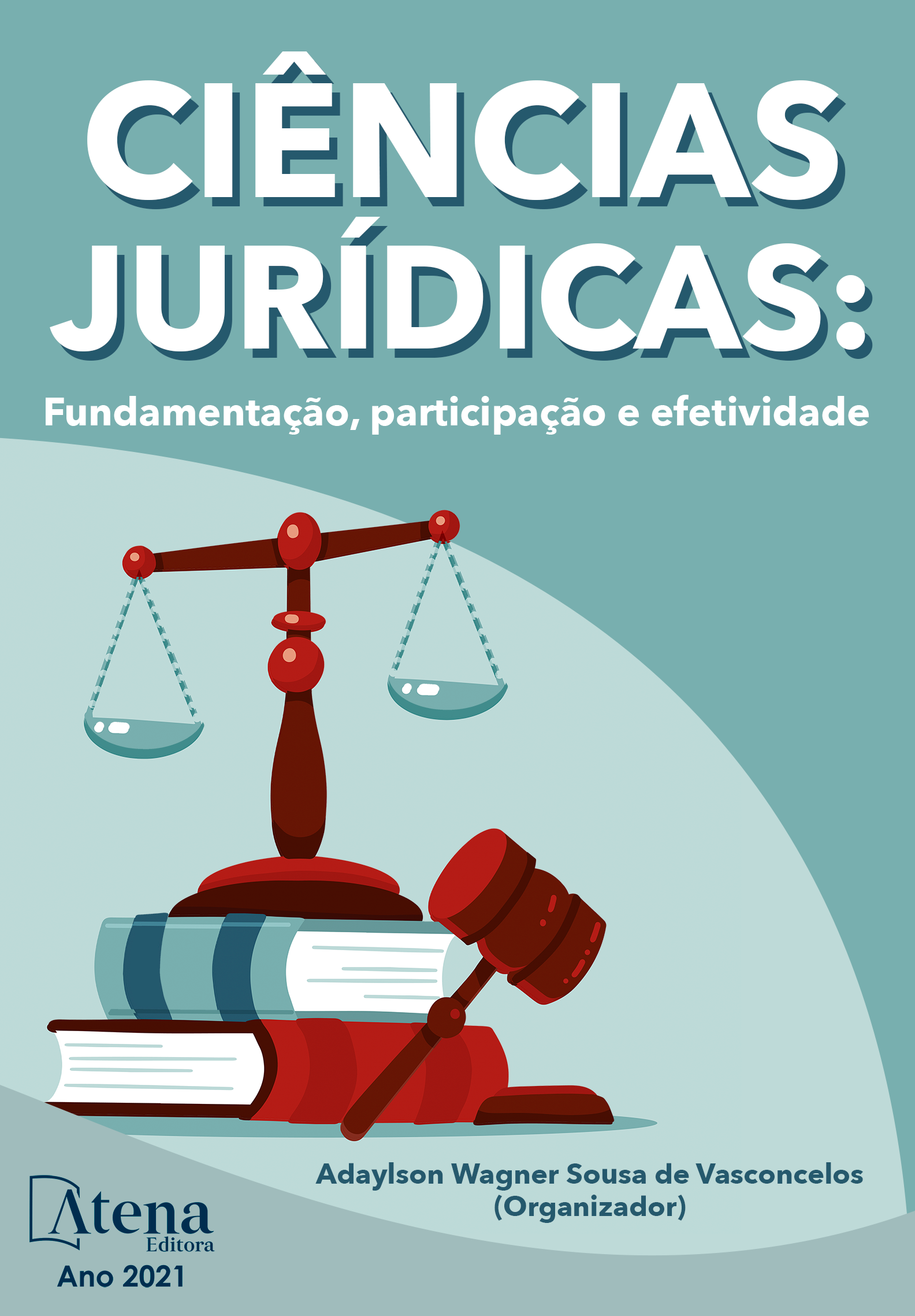
O CAMPO JURÍDICO E (É?) A FÁBRICA DE MOER OSSOS
O presente artigo objetiva discutir a contribuição do judiciário no genocídio da juventude negra e, para tanto, como metodologia, emprega a revisão de literatura qualitativa em livros e artigos que se debruçam sobre o tema em análise. O racismo institucional é uma forma de racismo expressa na prática de instituições sociais e políticas. É também o racismo de indivíduos ou grupos sociais informais, governados por normas comportamentais que apoiam o pensamento racista e fomentam o racismo ativo. Apesar dos esforços promovidos por programas governamentais, em especial no campo educacional, percebe-se que o racismo institucionalizado persiste no Brasil. As injustiças históricas continuam afetando profundamente a vida de milhões de negros e estão presentes em todos os níveis da sociedade brasileira. O Brasil recebeu mais escravos africanos do que qualquer outro país das Américas e foi a última grande nação a abolir a escravidão, e os negros aqui ainda tendem a definhar na base da pirâmide social. Essa situação afeta a capacidade dos negros de ter acesso à um judiciário justo e a negação da existência do racismo por parte da sociedade é uma barreira para a justiça. Percebe-se que o desejo de tornar essa nação branca, tal como na época em que viveu Nina Rodrigues não se desfez. Sair do “pacto branco” significa se opor a uma longa lista de privilégios raciais, econômicos e políticos que vêm sendo dados aos brancos no Brasil e as condenações injustas servem para ilustrar como o sistema de justiça afeta desproporcionalmente os negros, em especial os jovens negros.
O CAMPO JURÍDICO E (É?) A FÁBRICA DE MOER OSSOS
-
Palavras-chave: Racismo institucional. Judiciário. Juventude negra. Criminalização.
-
Keywords: Institutional racism. Judicial power. Black youth. Criminalization.
-
Abstract:
This article aims to discuss the contribution of the judiciary in the genocide of black youth and, as such, as a methodology, it uses the qualitative literature review in books and articles that focus on the subject under analysis. The institutional racism is a form of racism expressed in the practice of social and political institutions. It is also the racism of individuals or informal social groups, governed by behavioral norms that support racist thinking and foster active racism. Despite the efforts promoted by government programs, especially in the educational field, it is clear that institutionalized racism persists in Brazil. Historical injustices continue to profoundly affect the lives of millions of blacks and are present at all levels of Brazilian society. Brazil received more African slaves than any other country in the Americas and was the last great nation to abolish slavery, and blacks here still tend to languish at the bottom of the social pyramid. This situation affects the ability of blacks to have access to a fair judiciary and society's denial of racism is a barrier to justice. It is clear that the desire to make this nation white, as in the time in which Nina Rodrigues lived, has not vanished. Leaving the “white pact” means opposing a long list of racial, economic and political privileges that have been given to whites in Brazil and the unjust condemnations serve to illustrate how the justice system disproportionately affects blacks, especially young blacks.
-
Número de páginas: 22
- Maria Augusta Domingos Dias


